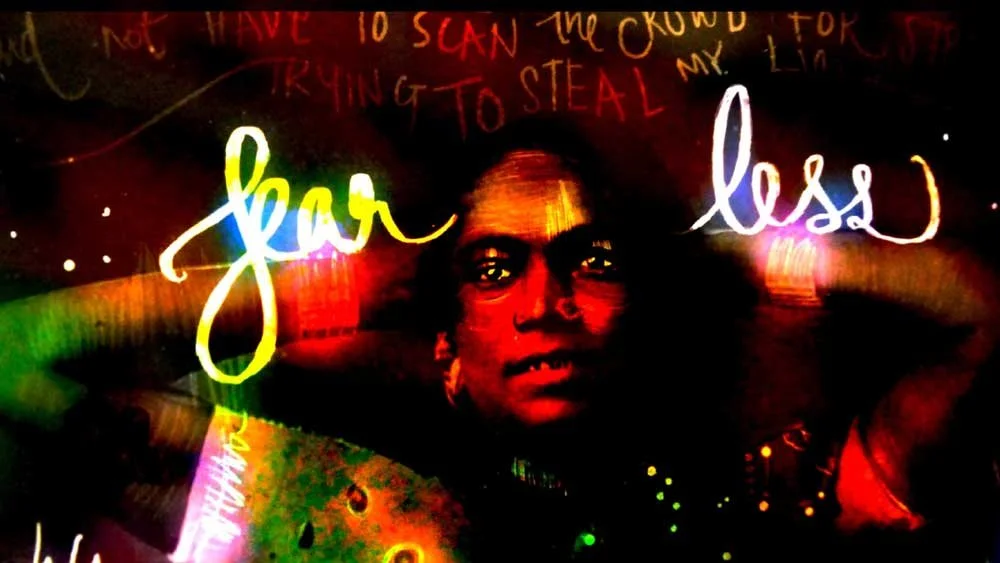Dogana/Chapti
Premiering at the 2018 Denver Film festival, winner of the 2018 ArtHyve Archives as Muse film award, and Official Selection at FrameLine 43, Dogana/Chapti documents narratives of identity, family and sociopolitical perspectives from queer Indian and Indian diasporic women and non-binary folx. The film’s title comes from the 18th century Urdu feminist poetic form, the rekhti, which inspects sexual desires between women and employs terms like “dogana,” to designate a woman’s self-chosen female friend and “chapti,” which names the rubbing and clinging of female-to-female intercourse. Such terms were among the last pre-Colonial/non-western descriptions for homosexuality and same-sex attractions in India.
Official Selection
National and International Festivals
QueerX Film Festival, Official Selections, virtual, September 2021
Nahia Film Festival, Official Selection, Granada, Spain, November 2019
Seattle Queer Film Festival 24, Official Selection, Seattle, October 2019
Cinema Diverse LGBTQ Film Festival, Official Selection, “Proud” program, Palm Springs, September 2019
Oregon Documentary Film Festival Official Selection, Portland, August 2019
FrameLine 43, Official Selection, “Up Close and Personal” program, San Francisco, June 2019
Screened at Women in Media Newark’s 2019 Women’s History Month film festival, “Voices in Black and White” program, Newark, March 2019
Premiered at the Denver Film Festival, Denver, November 2018
Recipient of ArtHyve’s Archives As Muse film grant, 2018
Press & Awards
“Pride in Focus: Fameline43 comes to SF,” Meera Prahlad, India Currents, June 17, 2019
Screened at Women in Media Newark’s 2019 Women’s History Month film festival, “Voices in Black and White” program, Newark, March 2019
Recipient of ArtHyve’s Archives As Muse film grant, 2018
The film is composed of footage and interviews gathered during the filmmaker’s year-long Fulbright research grant in India for which she explored how queer Indian women and non-binary folx fostered narratives of domesticity, love, parenthood, spirituality, and political and self-realization. Juxtaposing intimate images of saris with the vibrant but male-dominated rhythms of Indian street life, the film portrays the particular challenges of visibility and invisibility related to AFAB queer folx. Including poignant personal experiences from a variety of castes, religions, regions and class, as well as perspectives from immigrant and first/second generation Indian-Americans, the queer folx narrating the film discuss the complexities of mediating tradition with radical identity.
Directed, Produced and Edited by Serena Chopra, 2018.
Immense gratitude to the intelligence and vulnerability of the voices, narratives and images composing this film.

